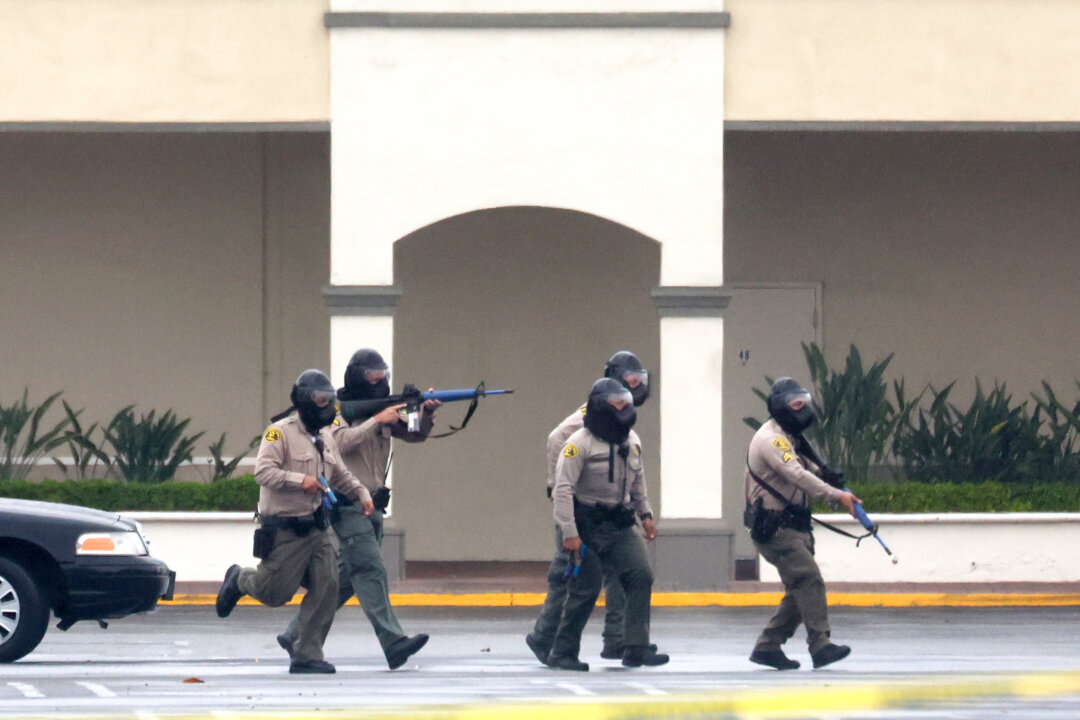Rising "Constitutional Carry" Is a Sign of Failing Trust in Government | Ryan McMaken
Come next January, Alabama will be the twenty-fifth state to allow concealed carry without a permit. Alabama will soon join Indiana, which in March of this year passed a new statute allowing permitless concealed carry—sometimes called "constitutional carry." In 2021 alone, at least six states passed their own provisions legalizing permitless concealed carry: Arkansas, Iowa, Montana, Tennessee, Texas, and Utah. Essentially, any law-abiding citizen over a certain age (usually eighteen or twenty-one) can now carry a concealed firearm in these states. Twenty years ago, only Vermont allowed unrestricted concealed carry. Over the last ten years, however, more than twenty states have adopted new laws deregulating the carrying of firearms.
Why is this happening now? On the most simple level, these laws have passed because lawmakers and constituents at the state level have advocated for them. Moreover, whatever opposition exists among interest groups and the public has been insufficient to block their passage.
On a deeper ideological level, increased ease of concealed carrying is likely the result of a growing feeling among much of the public that they
need increased access to firearms for self-protection. In other words, the spread of constitutional carry points to a growing sentiment that state and local authorities are insufficient to provide a reasonable expectation of safety from violent crime and that private self-defense is therefore more necessary now than in the past.
Moreover, many of these laws expanding concealed carry have been passed over local law enforcement's objections. Police organizations have been among the most vocal of
opponents of new constitutional carry measures, yet Republican lawmakers—a group often happy to fall all over themselves announcing how much they "back the blue"—have passed these laws anyway. The continued spread of constitutional carry suggests that even among conservatives there are limits to supporting law enforcement on a vague philosophical level. Rather, the passage of these laws suggests a growing lack of faith that even well-meaning law enforcement can or will provide meaningful defense from violent criminals when the need arises.
more here










